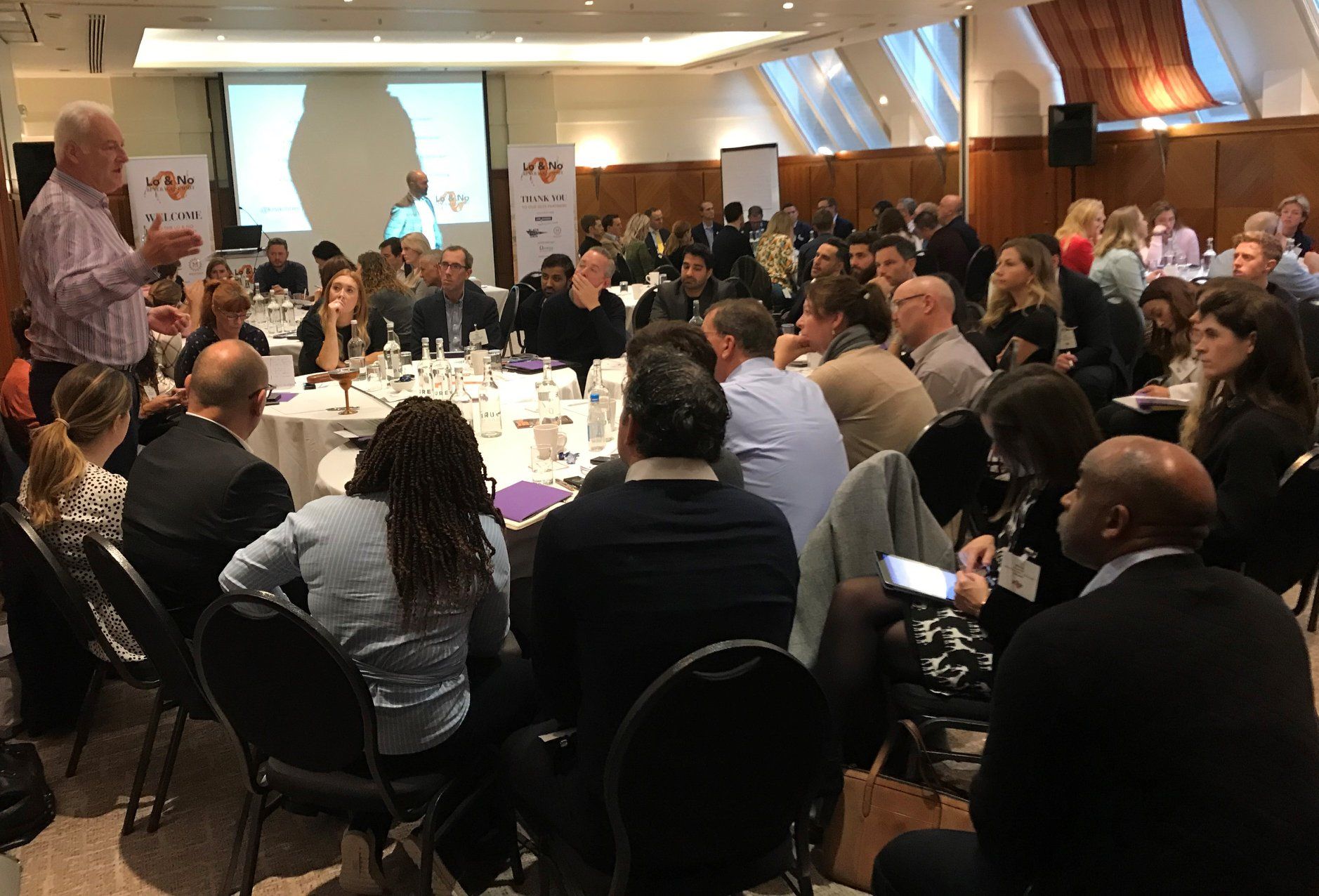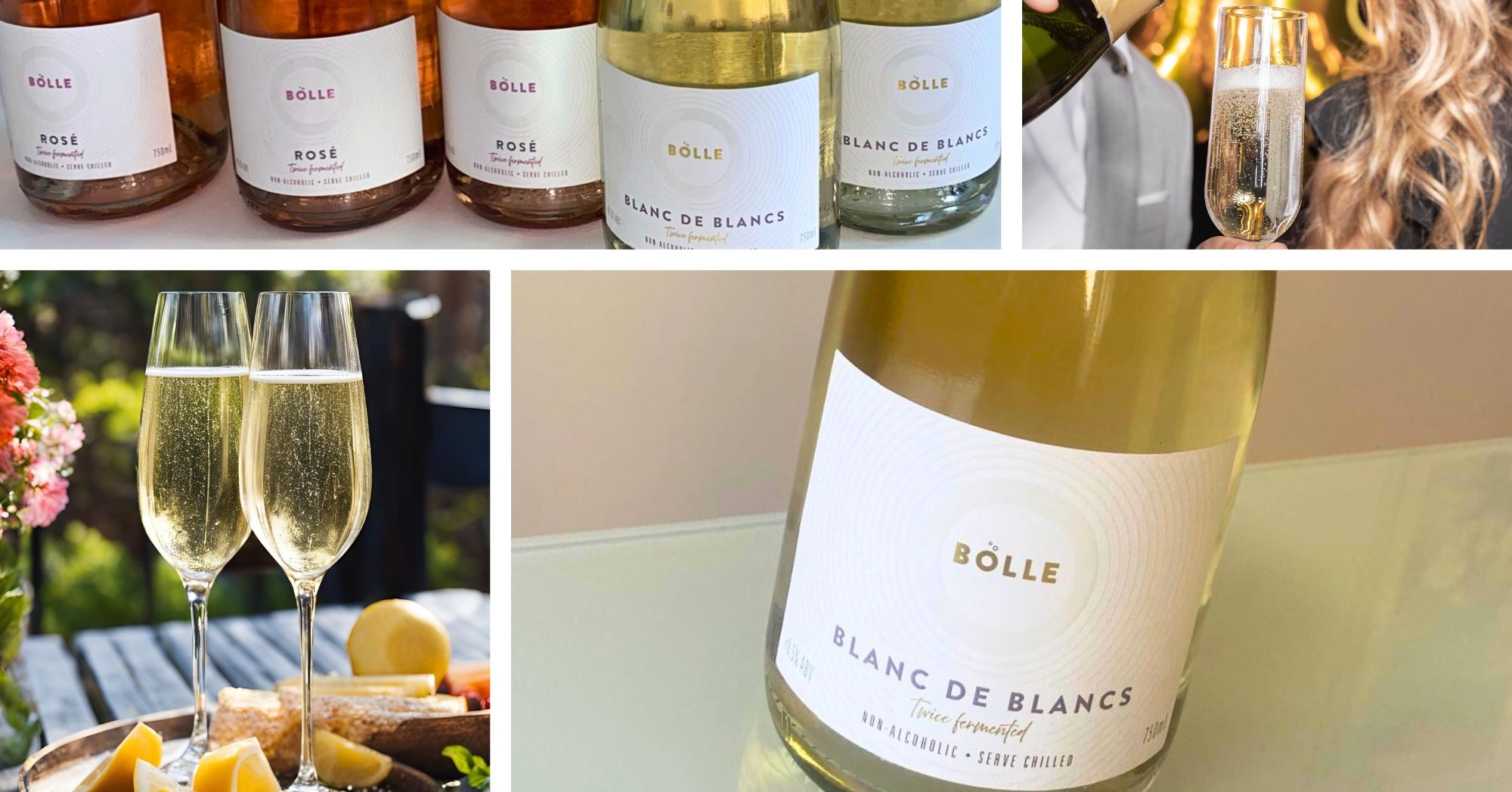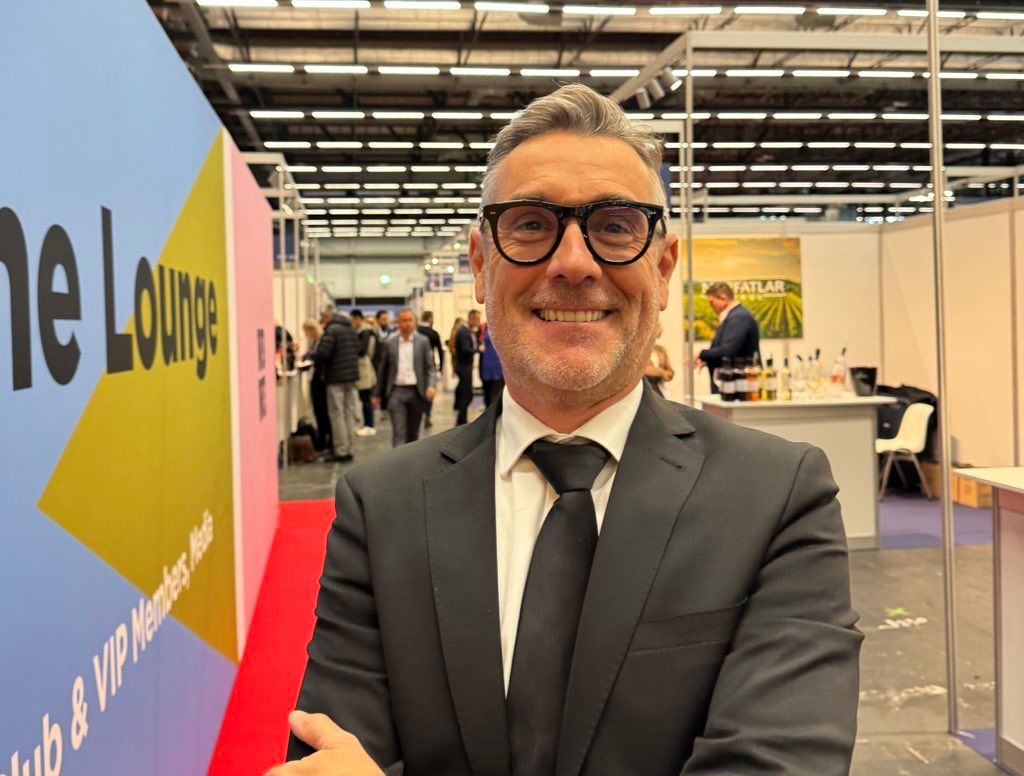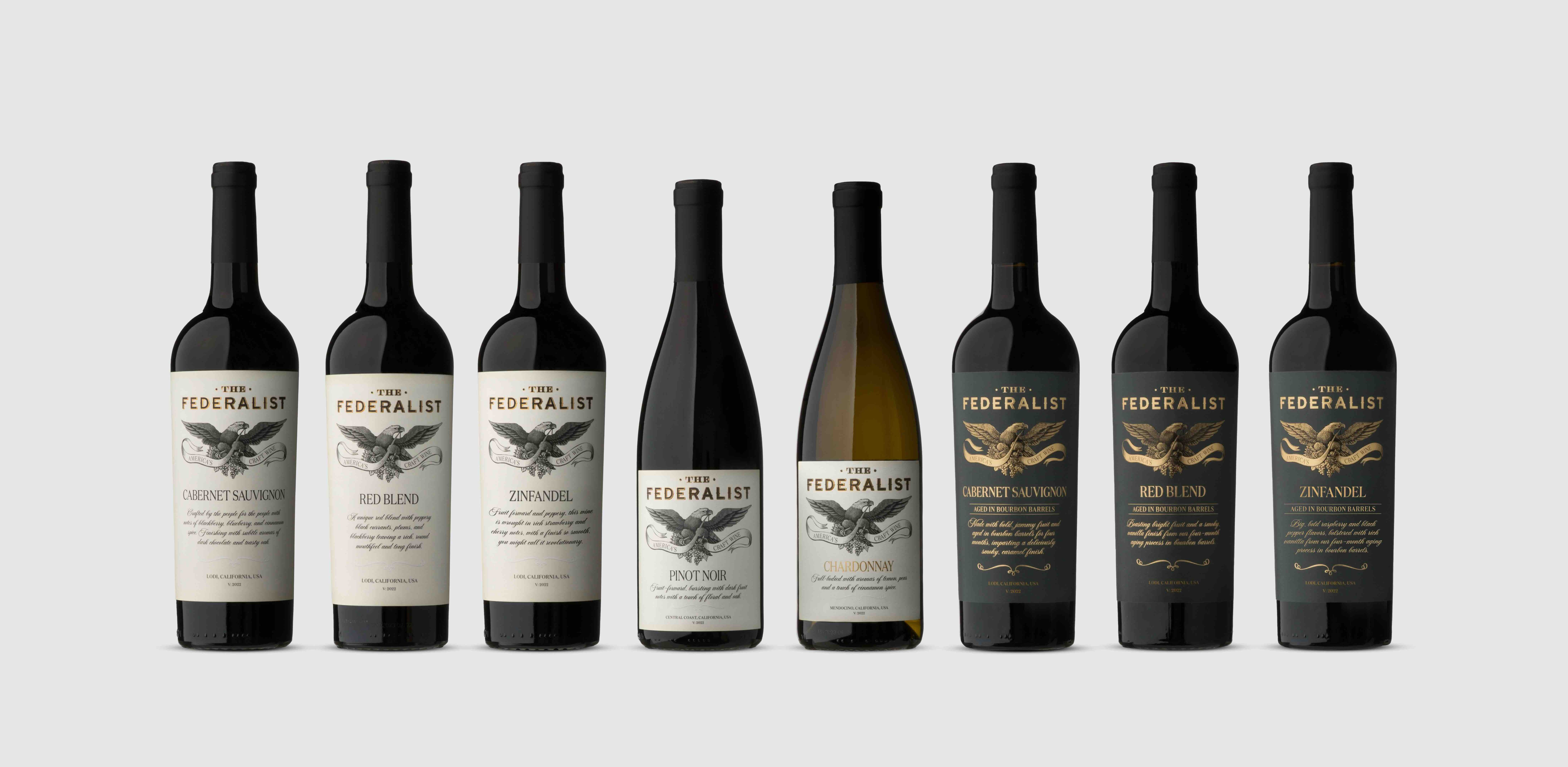In future summits the agenda needs to move on from analysing the broad opportunities for Low & No-alcohol brands to drilling down into the products themselves – and why their offers to consumers represent persuasive alternatives to alcohol, writes Gluckman
I attended the world’s first ‘Lo and No Beverage Summit’ at the Millennium Hotel in London’s Knightsbridge on 15thand 16thOctober. The event was organised by Kisaco Research, a company that specialises in working with ‘early adopters in growth markets’.
The summit was ably compered by Laura Willoughby, co-founder of Club Soda, the ‘Mindful Drinking Movement’. She gave the opening address and covered much of the ground which was later to be discussed by fellow speakers. She talked about massive changes in consumer behaviour, how the young were rejecting alcohol and its adverse effects, and welcomed the beginning of the existence of choice for these new consumers. She felt that companies were addressing the issue with greater urgency than the trade, especially on-premise outlets.
The two days of discussions were attended by the great and the good in the Low & No-alcohol sector, including Shilen Patel from Diageo’s Distill Ventures group, Paul Thomas from Asahi, Craig Hutchison, founder of CEDER’S, distributed by Pernod-Ricard, Claire Warner from Aecorn Aperitifs, Rose Cottingham from Fever-Tree and Anne Stephens from AB-InBev. It is clear that the big battalions are unsurprisingly showing an interest in the Low & No-alcohol category.
One notable absentee was Seedlip’s creator Ben Branson who was down to deliver the keynote address on Lo-No but, instead, was No-Show.
There were also a number of start-up representatives, mainly from the UK and others from the US and Europe. It was an impressive gathering for a first conference of its kind and a US Summit is planned for summer 2020.
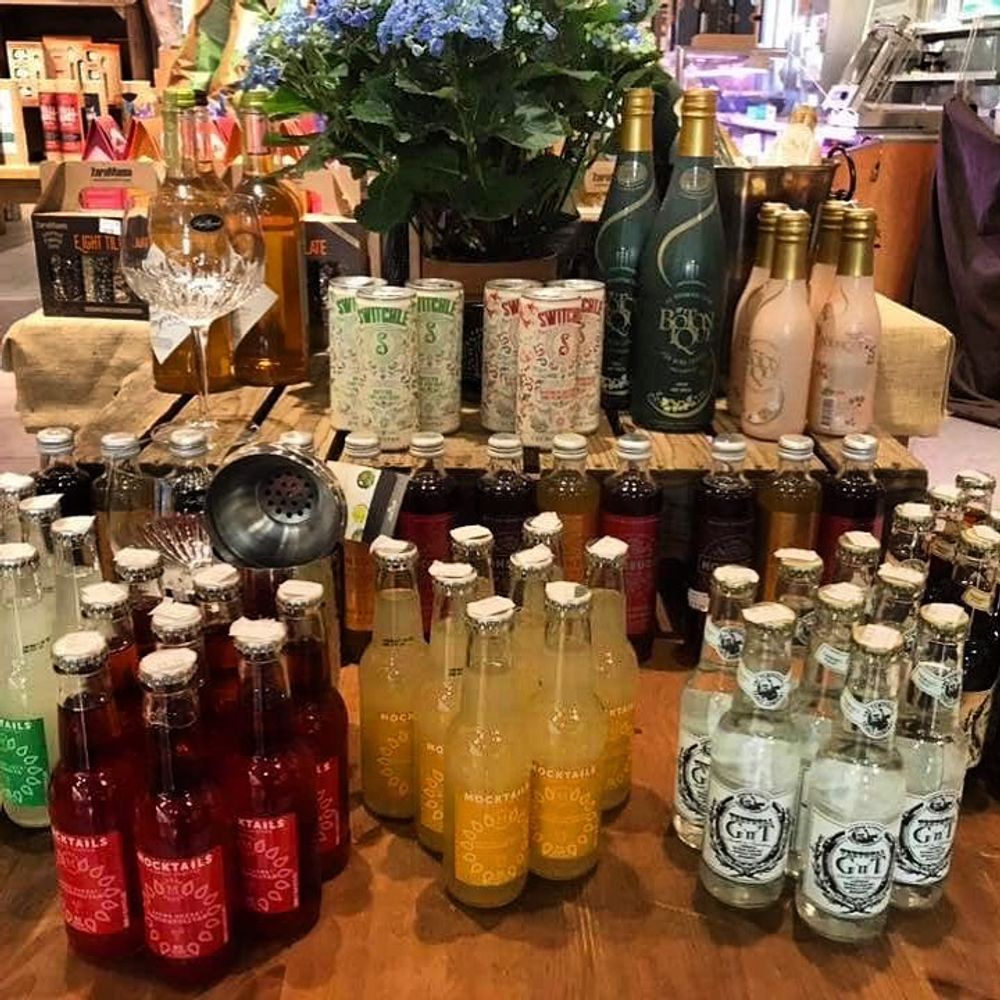
One of the aspects of the gathering that surprised me was how much the focus of discussion was on the psychology of Low & No-alcohol drinking and how little attention was given to promoting the products.
Although Seedlip loomed large in discussion, there was no product on offer for tasting. Likewise, after a detailed description of the Aecorn range and its association with food by Claire Warner, which excited the taste buds of her audience, I could not find any product on offer, although I have since been assured there was some but with very limited space. Ellie Webb gave a titillating account of the Colombian roots of her Caleño brand but the emphasis was more on her imaginative marketing programme of winter outdoor sampling to bring vibrancy and colour to ‘Dry January’, than on the actual product itself.
This trend was further developed by Bill Gamelli, the American founder and CEO of Mocktail Beverages Inc. an exciting range of alcohol-free cocktails which were professionally displayed and managed by a cocktail mixologist. I was rather surprised that Mr Gamelli talked at length about the demographics and psychographics of ‘Mindful drinking’ but gave little emphasis to his products during his talk. A pity, as they tasted good and looked stunning.
There were also a few brands whose presence at the summit may have been questionable. Were they competing in the Low & No-alcohol space or simply offering a new, premium slant on soft drinks? Or healthy drinks?
Rebekah Hall of Botanic Lab, for example, gave a fascinating account of her ‘Functional Drinks’ brand. Her range included an early entrant into CBD beverages and this stimulated some interesting debate. But are these products setting out to replace alcohol or are they opening up a completely new market for modern consumers?
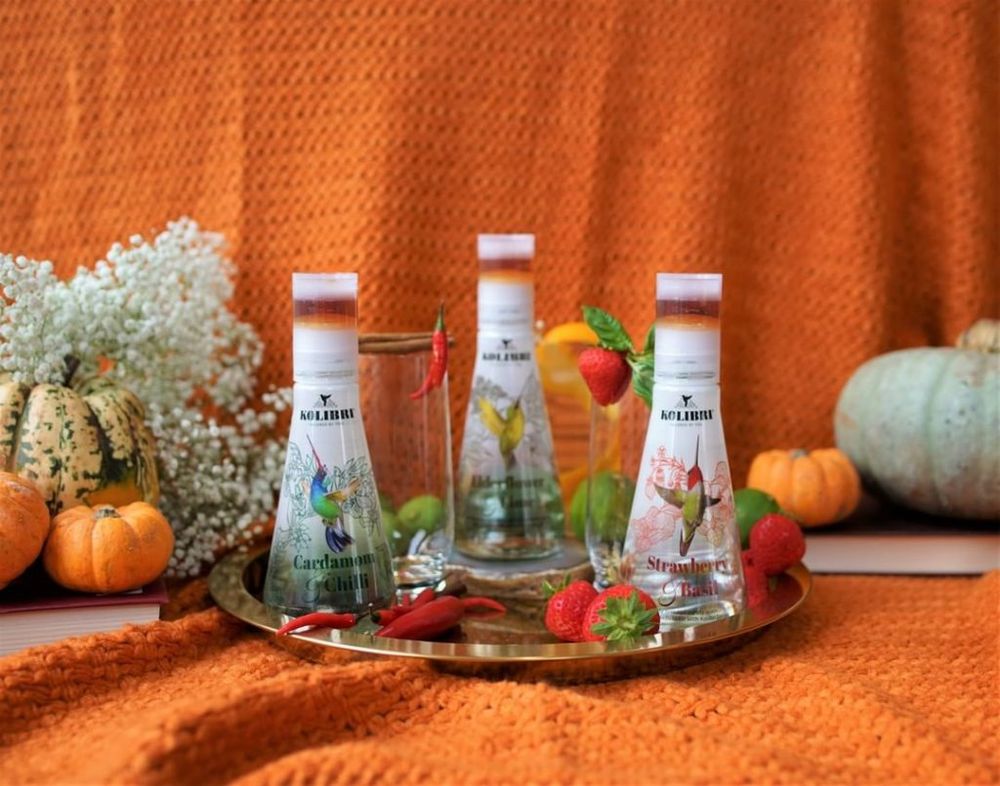
There were two other brands which may fall into a similar category, the beautifully presented Gusto Organic drinks range presented by founder William Fugard and Kamila Sitwell’s imaginative Kolibri ‘Bespoke Drinks’ range. In the case of the latter you can ‘dial’ your own level of sugar and calories – a ‘first’ in this writer’s experience. They are positioned as drinks ‘tailored by you’ and they come in elegant bottles containing interesting flavours Elderflower & Lime and Strawberry & Basil. Alas, none seemed available to try.
Anne Stephens of AB-InBev provided comprehensive data on the evolution of drinking behaviour and one of the highlights of Day 2 was a presentation of data by Andy Crossan from Kantar research. Some of his more interesting facts included :
- 33% of shoppers now try to buy brands with environmentally friendly credentials
- People nowadays are prepared to spend up to 17% on products that deliver a healthy benefit
- 29% more is spent on coffee in Wetherspoon’s than in Pret-A- Manger.
There was also a presentation by Matthew Birkenshaw from the Department of Health on the legal definitions governing ‘Alcohol-Free’ and ‘Low-Alcohol’ products.
Rob Fink talking about his Big Drop Brewing brand stood out for me with his plan to offer “great-tasting craft beer that happens to be non-alcoholic.” A later visit to his website suggested that his were beers produced by a beer-lover and they offered great appetite appeal. Again, no products available to try.
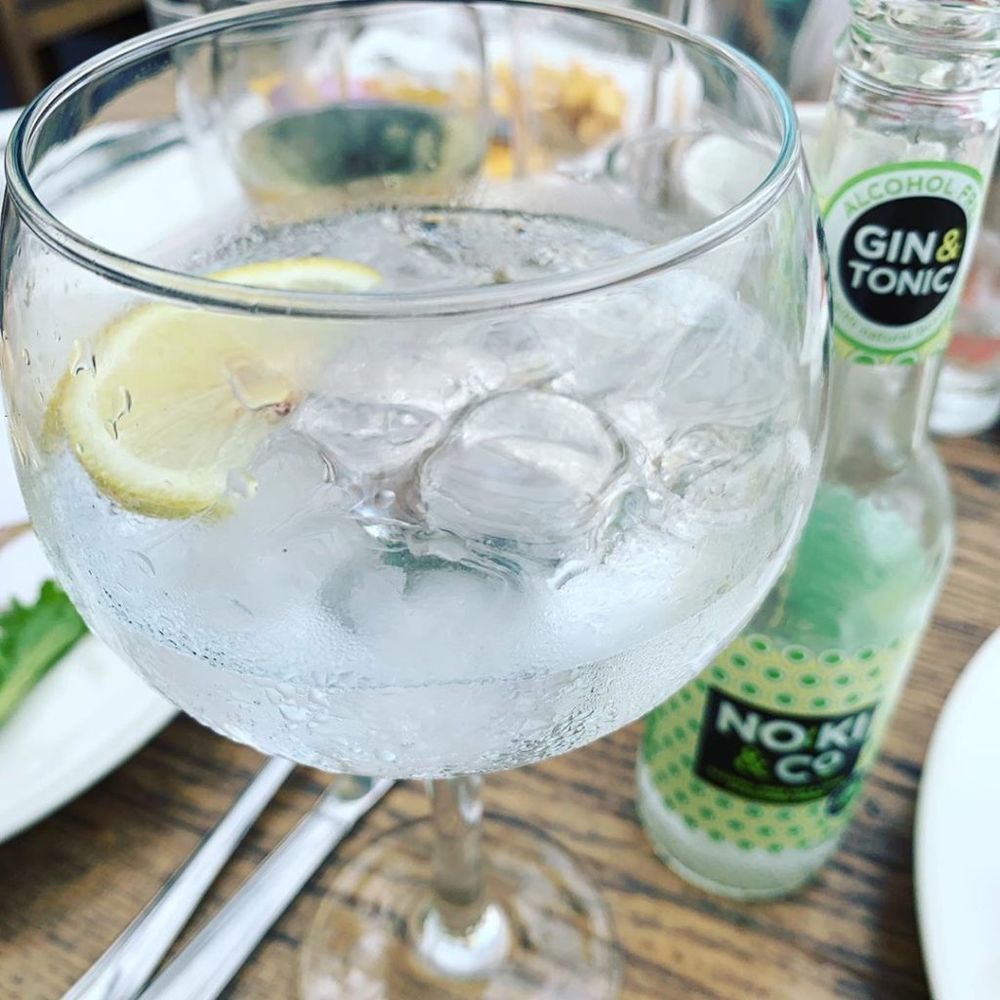
Another stand-out for me was Stephen Dillon from Ireland with his Noki & Co brand. I really had the impression that his products were crafted from his own personal knowledge and experience and I thought that his 0% gin and tonic was superb with just the right amount of ‘bite’.
How the Low and No Beverage Summit should change
Overall, this was an interesting and worthy event, so congratulations to Kiasco for setting it up and to all the participants for their contributions. For next time I have a suggestion that I hope is useful:
There was far too much repetition of the ‘Times they are a-changin’ theme at the expense of greater advocacy of the individual products on offer and how they provide consumers with persuasive alternatives to alcohol. It was more a case of selling the broad opportunity for Low & No-alcohol drinks than individuals selling their own brands.
So next time I feel it would be really useful and enlightening if we started to drill down into what it is about the products themselves, what they offer the consumer, which ones work best and why? And what marketers feel will really unlock the opportunity. Are people just looking for analogues of existing products like beer or G&T, or does the future lie with Botanics Lab’s CBD drink or ’build-your-own’ new wave offerings like Kolibri?
As Shilen Patel of Distill Ventures said in his talk, “We’re only at five past midnight on Day One.”
David Gluckman is the author of “That S*it Will Never Sell!” his insight into what works and doesn’t work with drinks brands. You can buy a copy via his website www.thatshitwillneversell.com. Gluckman is also a consultant in the Low & Non-Alcohol sector and can be reached here.
